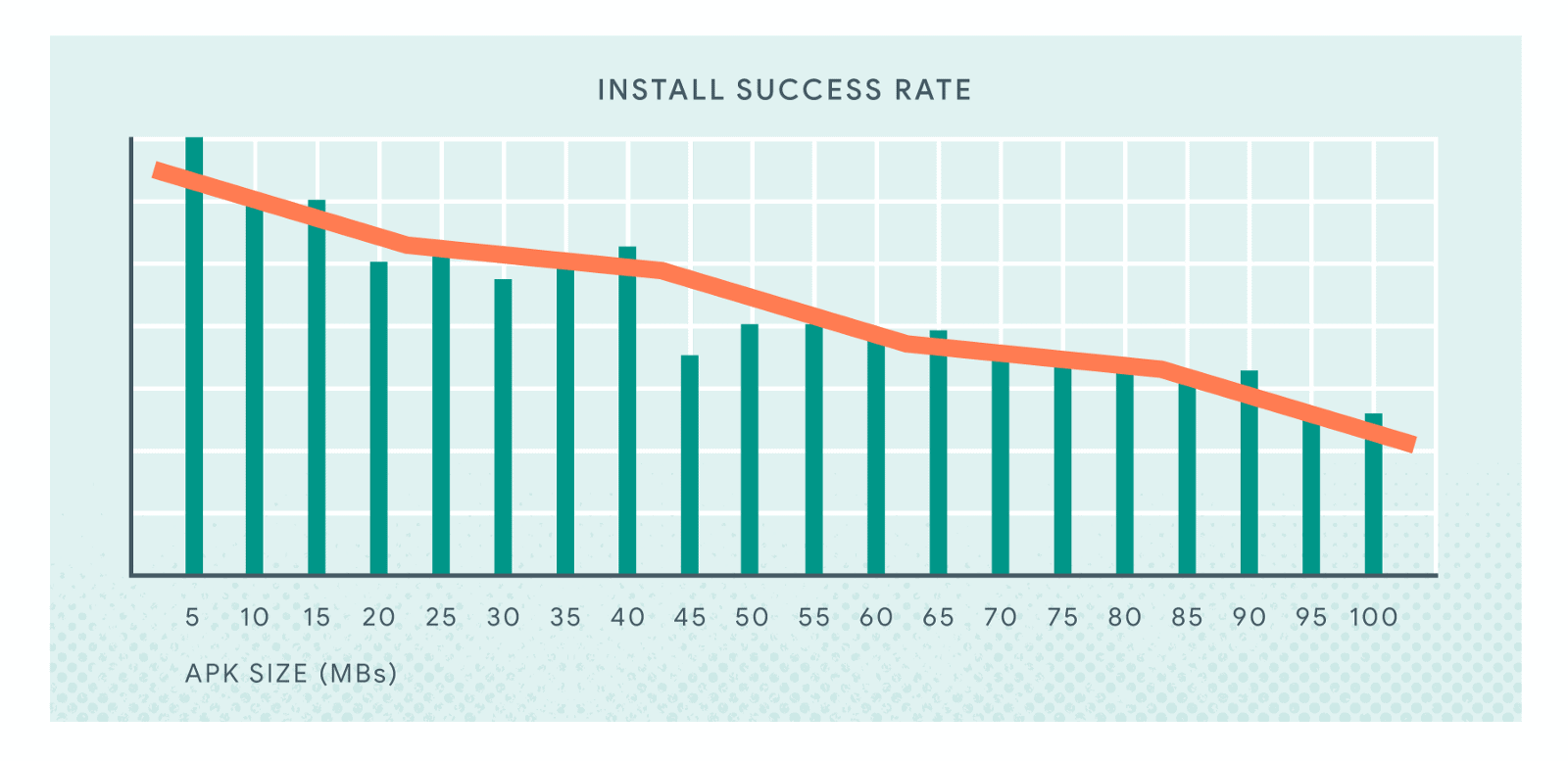Android App Bundles promise smaller application sizes

Google introduced AppBundles in Android Studio 3.2 Beta in June. Android Studio is the main development environment for Android developers and new functionality introduced in the developer software is adopted quickly usually by developers.
App Bundles can best be described as collections of Android APK files (apps) that are optimized for different smartphones. Google Play Store, the default Android Store, picks the best version for a customer's device from the list of available APK files in the bundle and delivers only that to the user device.
Previously, a single APK file that could include code for different smartphones was distributed to the user device.
Google ran some benchmarks on the effectiveness of App Bundles and reported recently that the size of applications pushed to user devices dropped by about 35% on average if App Bundles are used, and an additional 8% to 16% thanks to support for uncompressed native libraries that eliminate the "need to store multiple copies on the device".
Applications are delivered more quickly to user devices as a response. As a result, applications take up less space on user devices as well which should be beneficial. If you take the 8% average figure application's should use less space on the device.
The size of applications for Android grew by the factor 5 since 2012; developers needed to integrated higher quality images, and started to use additional functionality that Google added to Android.
While users with 128 Gigabyte of storage may not care about the change, users with devices with 8 Gigabytes or 16 Gigabytes of storage may certainly appreciate the development.
Google revealed as well that application size is a major factor in application uninstalls and that smaller application sizes therefore should reduce the number of uninstalls of applications that use the new App Bundles feature.

The figure above shows that the install success rate drops significantly for larger applications.
Downside to App-Bundles is that developers need to make use of the feature. Google outlines the process in the following way:
- Developers build their applications using Android Studio, Unity, or another IDE.
- The developer selects to build the app as an Android App Bundle.
- Developers sign the application for verification purposes-
- When the application gets uploaded to Google Play, the service processes it and slits APKs signed "with the app signing key for every possible device configuration and language that you support".
When users install the application from Google Play, only the part of the application that is best suited for the user device is delivered. Means, no extra language strings, no unsupported screen sizes or CPU architecture bits are delivered.
Content is delivered to the user device on demand if parameters such as the system language changes or when users want to use dynamic features.
Closing Words
Android users can expect to see a reduction in size for some of the applications offered on Google Play. Developers will start to use App Bundles as it provides direct benefits to them and their users, and users may notice that application's don't take up that much space anymore on the devices.
Now You: How many applications have you installed on your Android device?























“How many applications have you installed on your Android device?”
I’ve whittled it down to about a dozen, and am looking forward to reducing that number even more. I’ve reached a point where protecting my device against these apps has become more burdensome than it’s worth anymore, so I’ve been replacing the use of mobile apps with desktop apps. In the long run, I’m looking forward to ditching mobile operating systems and their app ecosystems entirely. It’s just too hard to use them in a secure manner.
Forces people to go online and connect to Play Store; have Google services active on their device; those contact Google servers several hundred times per day even if device is not used (c.f c’t Magazine). So all in all makes it harder to escape Googles data mining. Bad thing.
This is going to affect users who share apk-s from one brand phone to another.
This. I’ll now have to look afer the “generic” or “all-in-one” apk if not my phone’s specific online. Fragmentation. And it’s not good. Not worth for this small gain imo. Even on a low storage device, better start looking what you don’t use, there must be an application you did not use in more than a month, and get rid of that. It will make up for these small gains.
I also blame the lack of skill for the size increase on average of apks. And crappy performance. It seems like everyone these days consider themselves developers.